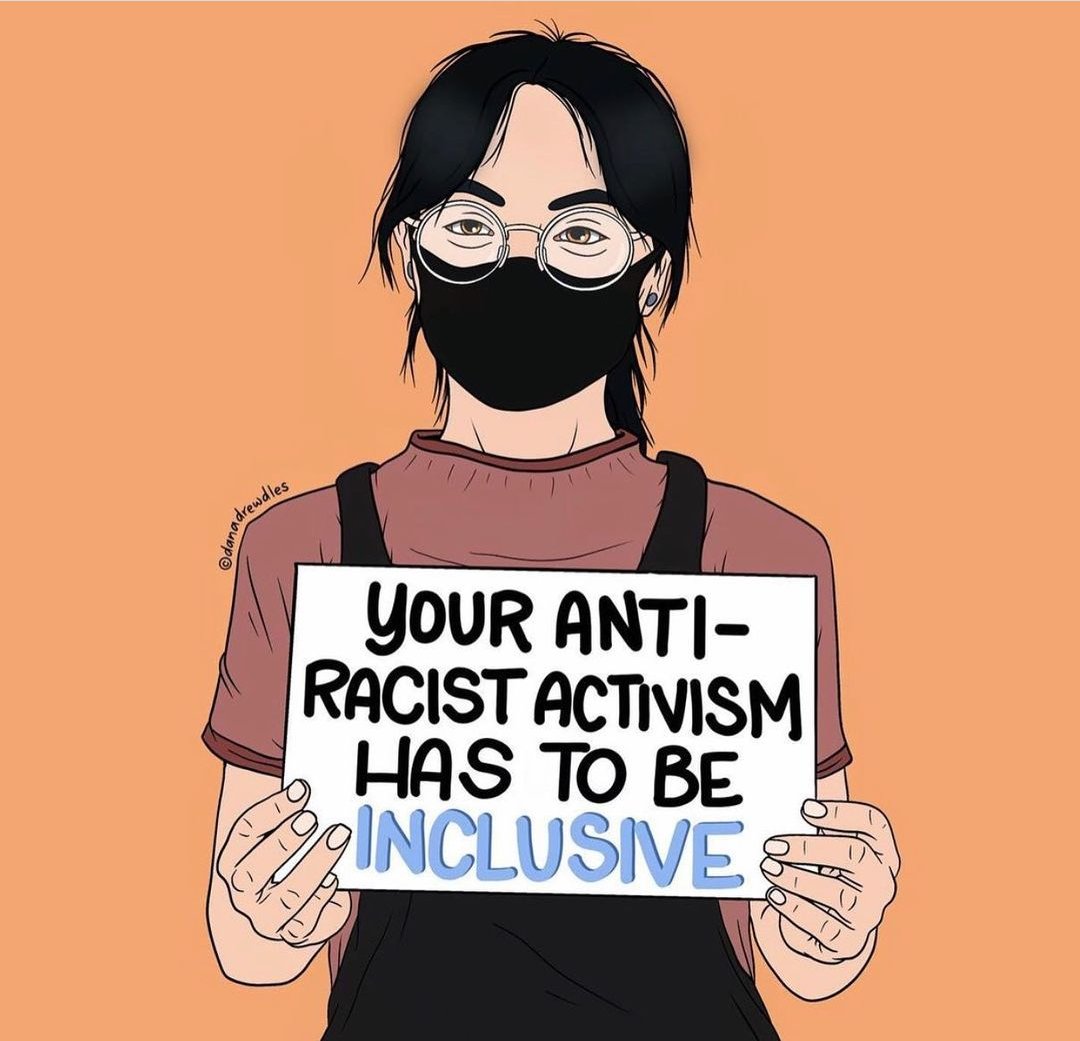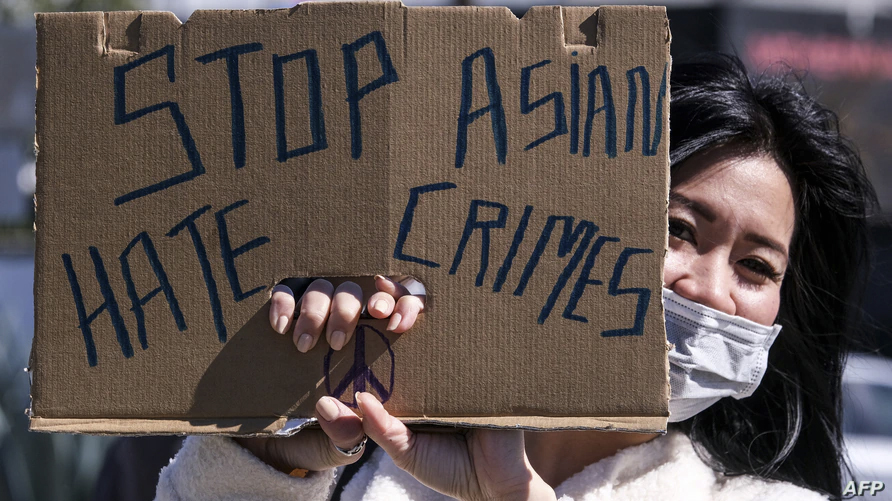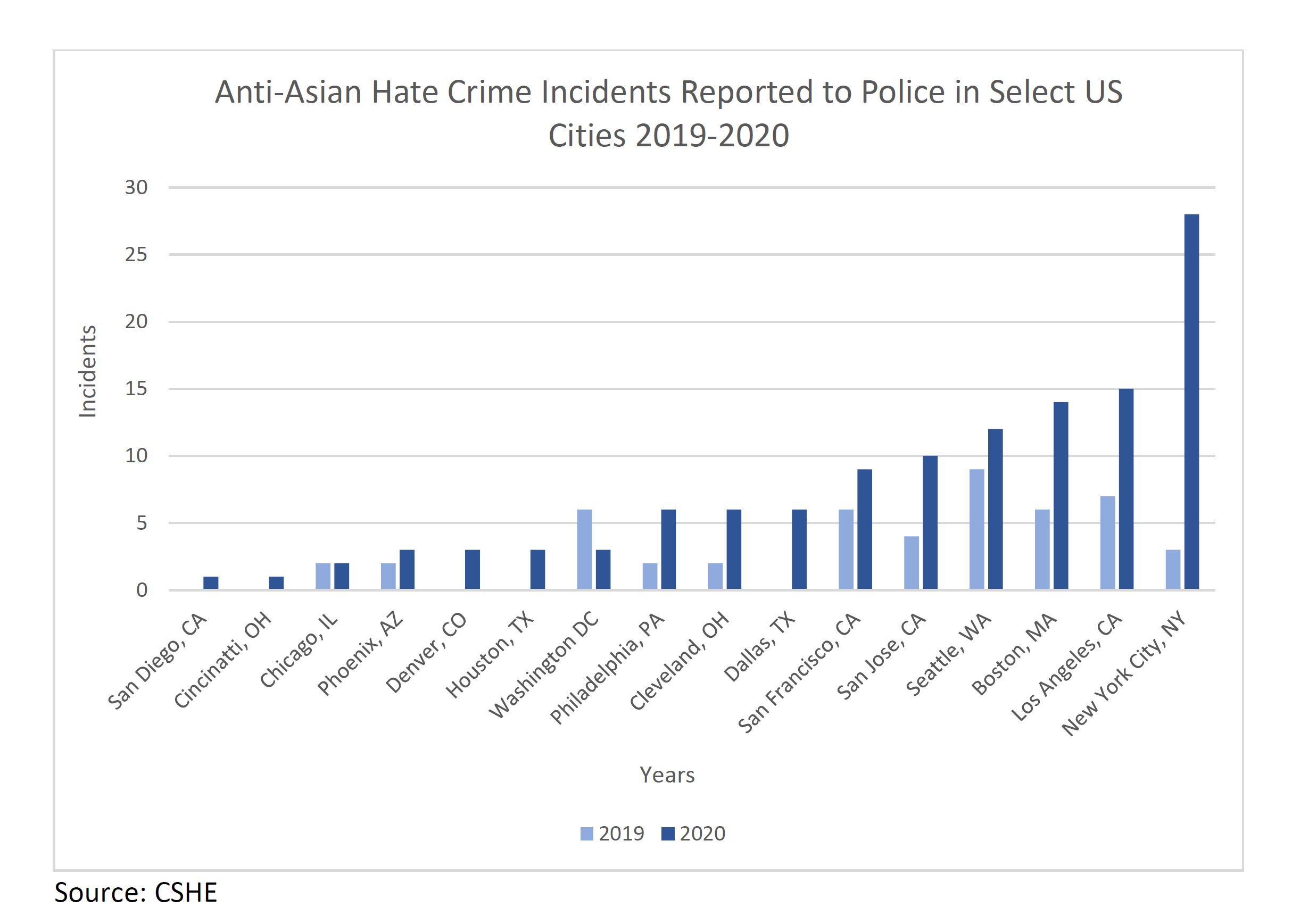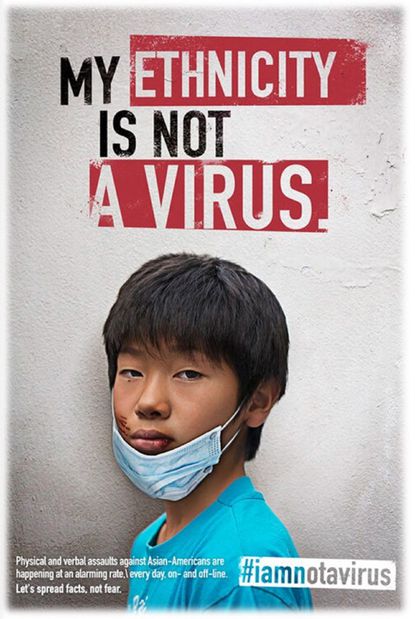
American Pathology

Racial hatred is a deep sickness afflicting many societies, but in the United States the disease is pathological among too many sectors of our population, resulting in appalling acts of violence and debilitating the long-term economic and social opportunities for millions of people who suffer the consequences of racial and ethnic hatred. Too often, this sickness is carefully nurtured and exploited by political demagogues who find their power in encouraging the hatred, which is driven by fear and ignorance — the fear that “the other” will take something away, the ignorance of other peoples and cultures. White supremacy is a grotesque manifestation of racism in this country, and while we are all too familiar with its consequences for African Americans and Latinos, sometimes we neglect the evil inflicted on Asians who are also victims of pernicious racism and have suffered much discrimination throughout the history of this country.
The murders of six Asian women in Georgia this week have raised up, once more, the ugly story of anti-Asian hatred in America. There’s a sickeningly familiar dimension to this story — a lone white gunman acting out his hatred, anger, racism and misogyny against innocent victims. We’ve seen this story too many times. And the white police officer seeming to dismiss the gunman’s heinous act because he was “having a bad day.” We have far too many examples of police dismissing or protecting the lone white gunman while arresting, assaulting and even killing persons of color for minor offenses — or no offenses at all.
Incidents of anti-Asian hatred and assaults have risen dramatically in the last year, due in large part to the Covid-19 pandemic and the inflammatory rhetoric of former President Trump and other prominent politicians and talk radio celebrities using racially offensive and derogatory language that blames China for the virus and that incites anti-Asian hate crimes. The Center for the Study of Hate and Extremism at the California State University at San Bernardino studies data on hate crimes, and the chart below shows the dramatic spike in anti-Asian hate crimes from 2019 to 2020 in major cities, an increase of about 150%:

The incidence of anti-Asian hate crimes has grown even as other kinds of hate crimes decreased during the pandemic. The data also show that while verbal abuse is the #1 form of hate crime, physical assaults and spitting on Asians have grown considerably.
 Organizations are forming to combat the anti-Asian hatred such as #IAmNotAVirus and similar education and advocacy organizations.
Organizations are forming to combat the anti-Asian hatred such as #IAmNotAVirus and similar education and advocacy organizations.
In an interview on NPR, Asian Law Caucus Founder Dale Minami provided a succinct history of anti-Asian violence in America:
“I think during periods of great tension in this country, our insecurity, fears and anxieties rise, and that undercurrent of racism that has gone through the United States history throughout its beginning tends to overflow. And that from the first immigration of Chinese to this country in the 1850s, to the present, you’ve seen an ebb and flow of such violence. 1871, there’s a massacre of 20 Chinese Americans in LA. They were lynched. We’ve seen the incarceration of Japanese Americans, the murder of Vincent Chin in 1982, demonization of Chinese during the McCarthy era and the aftermath of the Gulf War and September 11, when Muslim and Indian Americans were very much subject to violence and discrimination.”
Minami is the lawyer who succeeded in overturning the Supreme Court case upholding the conviction of Fred Korematsu, an American citizens of Japanese descent who refused to report to a Japanese-American internment camp during World War II.
Across the last few years, America has experienced an eruption of racial violence and reactions to racial violence, propelling the debate about what kind of nation we want to be, who has a right to be here, and how we are to live together amid great diversity. Unfortunately, our recent political leadership fomented the forces of racism and white supremacy, from imposing the “Muslim travel ban” for travel from certain countries, to shameful and inhumane treatment of migrants and refugees, to repeated attacks on immigrants, to the notorious march in Charlottesville (about which Trump said there were “very fine people on both sides”), to refusing to condemn police violence against Black persons, to condemning Black Lives Matter, to refusing to acknowledge any of the pain and suffering inflicted by so much racial hatred on display in so many places.
In response, our nation has also been experiencing a moment of critical self-examination, a quest in many places for how to be not only more tolerant, but in fact, to become anti-racist as part of the fight for racial justice and equality. The quest is ongoing, and the conversations are earnest, often painful, sometimes misguided, but always important if we are to make any progress on achieving a truly equitable society.
The Atlanta murders and focus on anti-Asian violence and discrimination is also a clarion call to ensure that our work for racial equity is truly equitable. Hatred expressed toward any person on the basis of their race, ethnicity, skin color, language, customs, gender or other personal characteristics or preferences has no place in a truly free and just society. In our quest for true racial equity, we must redouble our efforts to be fully inclusive, since together we can find the power to make genuine social change.

Below is my statement to the Trinity Campus Community about the murders of Asian women in Atlanta:
Solidarity with Our Asian Sisters and Brothers
Dear students and colleagues,
Yesterday, we learned of the horrific murders of six Asian women in a shooting rampage in metropolitan Atlanta by a lone white gunman. While official police statements have equivocated on the gunman’s motives, the fact remains that this incident is the latest and most heinous example of the rising incidence of violence against Asian persons in this nation. We mourn for the deceased and offer our support and solidarity with our sisters and brothers who are Asian and Asian American, including our students, faculty, staff and alumnae at Trinity.
Violence against Asians is yet one more manifestation of the vicious disease of white supremacy that infects too many Americans. This nation has experienced the debilitating and often homicidal consequences of this disease throughout our history, from the long and appalling history of violence against Black person to the shameful treatment of Mexican and other Latino immigrants to the degrading stereotypes and violence that Asians experience. This is a nation that tolerates mass incarceration of too many Black persons, that detains Latino children and families in inhumane conditions at the border, that has a history of rounding up and detaining Japanese Americans in internment camps. We say we will do better, but we never seem to get better.
Words matter, especially from presidents and political leaders, and sadly, the words of the recently departed president and his administration contributed substantially to the increased violence against Asians. Blaming Chinese persons for the Covid-19 pandemic is a form of race-baiting that has no place in any rational political discourse, but some politicians to this minute continue to use racially invidious language when speaking about coronavirus.
At Trinity, we believe deeply in the dignity of every human person, a foundational belief in all of Catholic teaching and the basis for our work in social justice. We are committed to working each day to achieve justice, racial and social equity for all in our community, and to find ways to have an impact on these issues in the broader civic and corporate communities we engage each day. A student has reminded me that while we often speak of our support for our African American and Latina students and communities, we also must include our Asian and Asian American students and colleagues in the full scope of our concerns — we do hold all in our concerns, and we will be more vigilant about being sure that our statements are fully inclusive.
Please join me in offering prayers for the women murdered in Atlanta and their families, and more, let us pray for the strength to continue the fight for racial justice and true racial equity in our nation.
Sincerely,
President Patricia McGuire